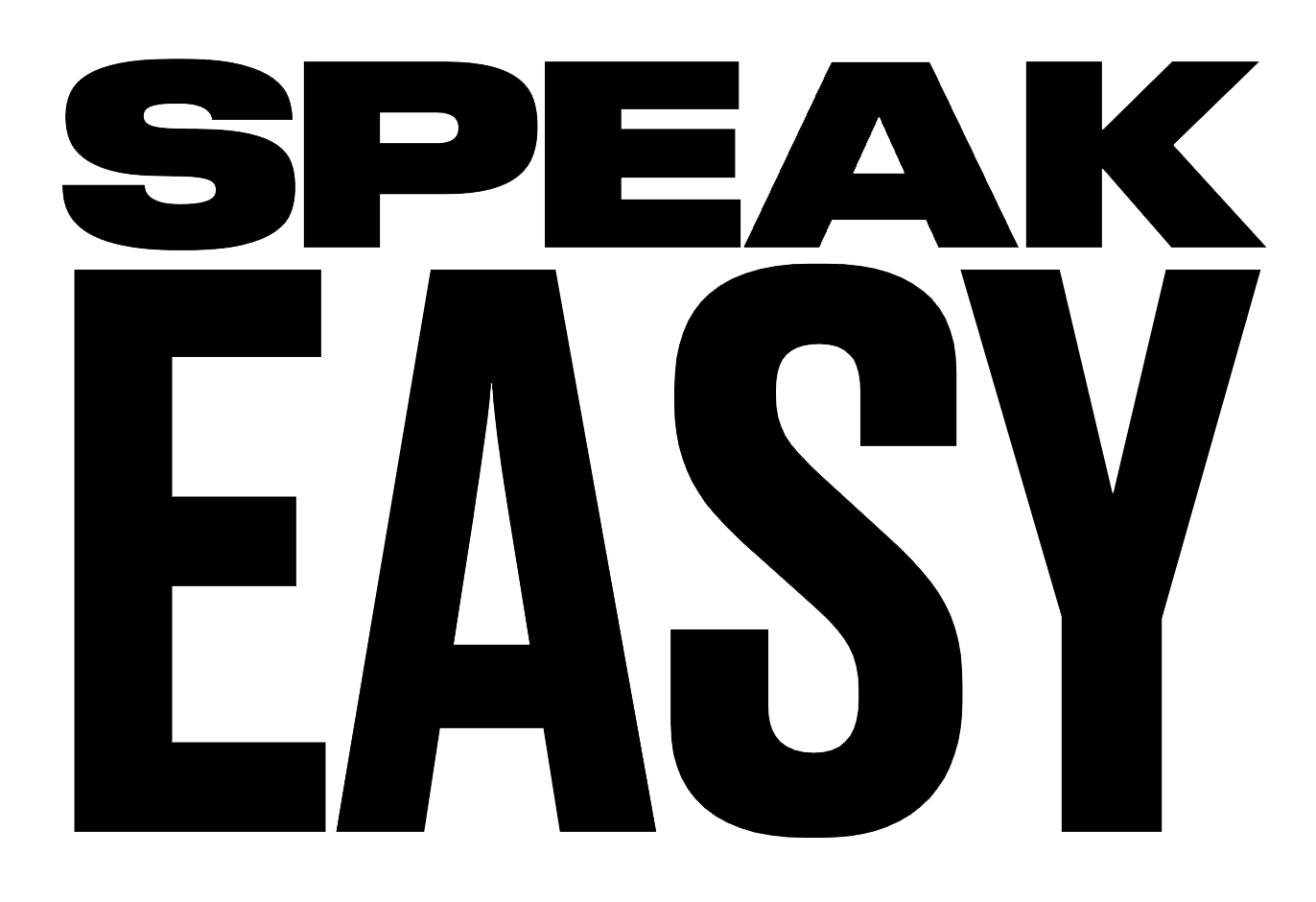Website Development Glossary
This is our glossary of terms related to language used in Website Development tactics
Website Development
GA
Google Analytics is the most popular free website analytics tool available on the market.
Website Development
Go
Go is Google’s dedicated programming language. A newcomer to the scene, it boasts excellent integration, good readability and ease of use, and solves a lot of problems that other languages can’t. As new languages go, this one is very promising. Plus, we all know Google is King of the Web right now, so it pays […]
Website Development
GTM
Google Tag Manager is a tag management system that includes the same functionality as global site tags, and lets you configure and instantly deploy tags on your website or mobile app from an easy to use web-based user interface.
Website Development
Hosting
The web servers where your website files are housed, served, and maintained. A web server is a computer running web server software connected to the internet that allows visitors to access a website through an Internet-connected web browser or mobile device.
Website Development
HTML
Hand in hand with JavaScript is CSS and HTML – together they make up the holy trinity of front end web development. HTML (Hyper Text Mark Up Language) is the language of web browsers – what websites are made with. CSS (Cascading Style Sheets) makes them look cool and better than those awful sites from […]
Website Development
HTML
Hypertext Markup Language (HTML) is the markup language that is used to construct web pages and display content like text, images, video and links on the web. It’s often used in conjunction with other languages that allow the web developer to add functionality, such as CSS, PHP and JavaScript.
Website Development
HTTPS
HTTP layered with Transport Layer Security (TLS) or Secure Sockets Layer (SSL) protocols. With HTTPS any data that you send from your computer will be encrypted and will only be decrypted once it has safely arrived at your intended location. For more information take a look at our blog post on online browsing security.
Website Development
Information Architecture (IA)
The information blueprint and navigation of a website. It typically includes a site map, wireframes (see definition) for each page and any necessary notations regarding navigation, content and features that will be included on the site.
Website Development
IP Address (commonly referred to as an IP)
is an address that identifies a computer on the Internet. IP addresses consist of four groups of numbers separated by three dots. For example: 216.22.48.225
Website Development
ISP (Internet Service Provider)
a company that provides access to the Internet and other Internet services.
Technology Services
ITIL
ITIL, which stands for Information Technology Infrastructure Library, is a framework of best practices for managing IT services within an organization. It provides a structured approach to planning, designing, delivering, and improving IT services to align with business needs and achieve optimal value.
Website Development
Java
Developed in the 1990s and still the most in demand language, Java is the gold standard in web development all over the world, in every area. It’s object oriented, class based and works on any platform, making it extremely versatile. If you want to make your safe employable to pretty much every tech company in […]
Website Development
JavaScript
A front end language used for creating and developing websites, desktop apps and games. JavaScript runs on all browsers and can be worked with on programs that are not web based. It supports both functional and object oriented programming styles, and is basically your go-to for making stellar user interfaces and websites/apps/games that look super […]
Website Development
LAN (Local Area Network)
a computer network where a group of computers share a common connection.
Website Development
Landing page
Technically any page of your website that a user lands on directly from a search result, marketing email, social media post or online advertisement, but it is typically a standalone page created for a specific campaign. They are designed with a call to action, with the goal of converting leads (e.g. getting visitors to fill […]
Website Development
Lazy loading
A development optimization technique that defers loading of images and video until they are needed as a user scrolls down the page.
Website Development
Meta Tag
Important for SEO ranking, a meta tag is an HTML tag that is used by search engines to index a site. Meta tags store information about a web page, such as its description, author and copyright. Search engines use this information to categorize websites and display information in search engine results pages (SERPs).
Website Development
Model View Controller
MVC or Model View Controller is a popular architecture type used by many frameworks. In the MVC model, the application is divided into three main components – the model, the view, and the controller. Each component handles specific functions. It makes the complex application development processes simple and manageable.
Website Development
Model-View-ViewModel (MVVM)
The MVVM model allows for clean and organized structuring of codes according to design patterns. Here, the data presentation logic is separated from the core business logic part. The different code layers of MVVM are model, view, and ViewModel.
Website Development
MVP
A minimum viable product (MVP) is a version of a product with just enough features to be usable by early customers who can then provide feedback for future product development. A focus on releasing an MVP means that developers potentially avoid lengthy and (ultimately) unnecessary work.
Website Development
Navigation
The navigational elements that appear on a website and direct the user throughout the site. While this primarily refers to the “menu bar” located at the top of a website or along either side, it can also include textual links in the “footer” at the bottom of the page.

